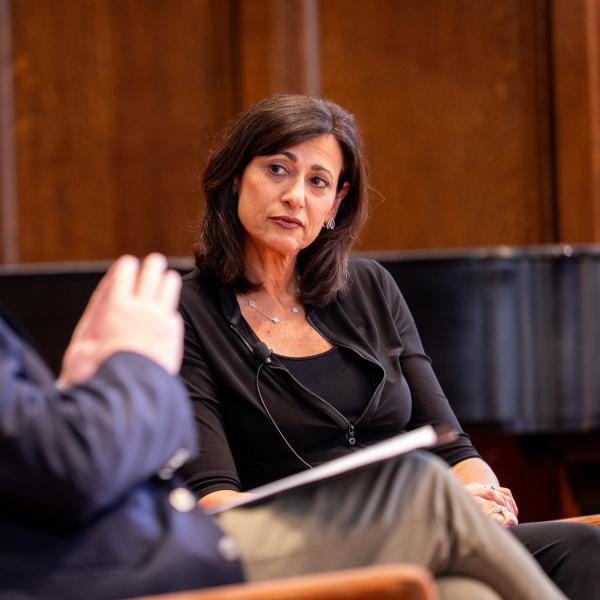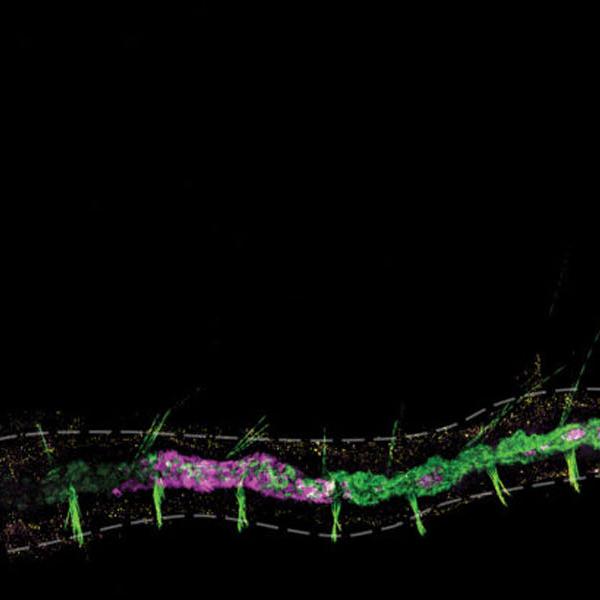The highest honor awarded by AAAS, the rank of fellow is bestowed upon members by their peers in recognition of scientifically or socially distinguished efforts to advance science or its applications.
Garland E. Allen, Ph.D., professor of biology in Arts & Sciences, was elected to the Section on History and Philosophy of Science for his sustained commitment to understanding the history and social implications of genetics and eugenics, for exemplary work in biology education and for professional leadership and service.
Allen focuses his research on the history and philosophy of biology — particularly genetics, embryology and evolution — and their interrelationships between 1880-1950.
The major focus of his research is on the history of genetics and its relationship to eugenics and agriculture in the United States in the first half of the 20th century. Allen explores the funding and institutional base for eugenics: who paid for it, what were their motives, and what was the scientific or genetic basis for eugenic arguments.
The history of eugenics provides a number of insights into the interrelationships between science and its social context and raises many issues of ethical, legal and social importance that are surfacing in the wake of the Human Genome Project. Allen has repeatedly used his knowledge of the history of eugenics to inform the ongoing debate over behavior genetics and to argue against the notion that genes correspond in any simple way to complex traits.
Allen also has been involved in the Cold Spring Harbor Laboratory’s creation of an online archive on the American Eugenics Movement and is finishing a book on the history of genetics in the 20th century. He is also preparing a study of the relationship between the eugenics and conservation movements in the United States between 1880-1965.




